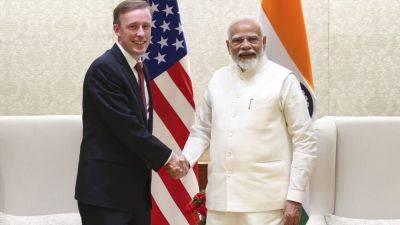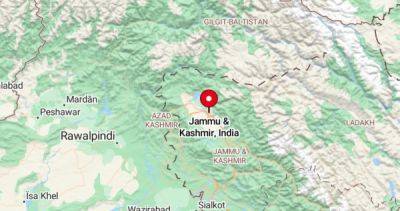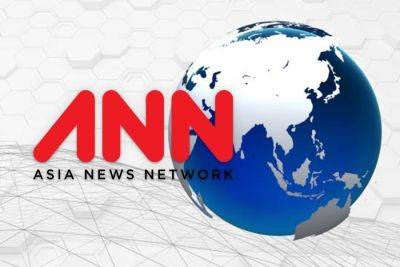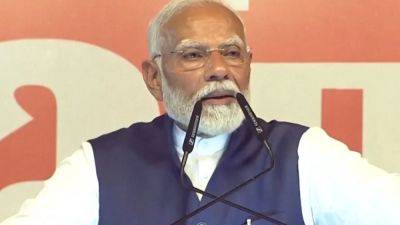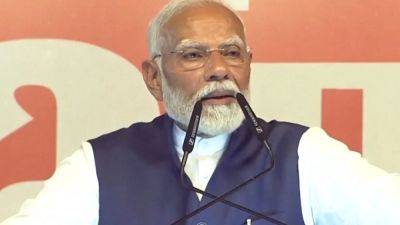Hindu nationalism and Zionism in exclusionary lockstep
The results are in for India’s general election. The country’s prime minister, Narendra Modi, has won enough seats to stay in charge for a third consecutive term. But his Bharatiya Janata Party (BJP) has suffered big setbacks and is gearing up for coalition talks having failed to win an outright majority for the first time in ten years.
The BJP is premised on Hindutva, a Hindu nationalist ideology. Devised in the early 20th century, the politics of Hindutva insist that the country’s national identity be built around those who consider only India’s geography sacred. Muslims and Christians, whose holy sites lay in the Middle East, were therefore considered second-class citizens.
Modi foregrounded Hindutva in his election campaign. He falsely accused the main opposition party, the Indian National Congress, of basing their manifesto on the ideology of the Muslim League, the party that championed the partition of India in 1947.
And he weaponized demographic anxieties around marginally higher Muslim fertility rates to claim that the opposition planned to redistribute wealth to “infiltrators” who “have more children.”
But Hindutva doesn’t stop at India’s borders. Hindu nationalists have used the ongoing conflict in Gaza to vilify other Muslims globally. BJP troll farms have spread disinformation and anti-Palestinian hatred online, and Hindu nationalist groups in India have organized pro-Israel marches.
Where does this curious Hindutva-Zionist solidarity spring from? One origin is from the earliest Hindu nationalists who modeled their Hindu state on Zionism.
Hindutva’s founder, Vinayak Damodar Savarkar, supported majoritarian nationalism and the rooting out of all disintegrating forces. These included Muslims who supported



